Novel bio-based, hygroscopic insulation materials for enhanced energy performance and robustness of buildings
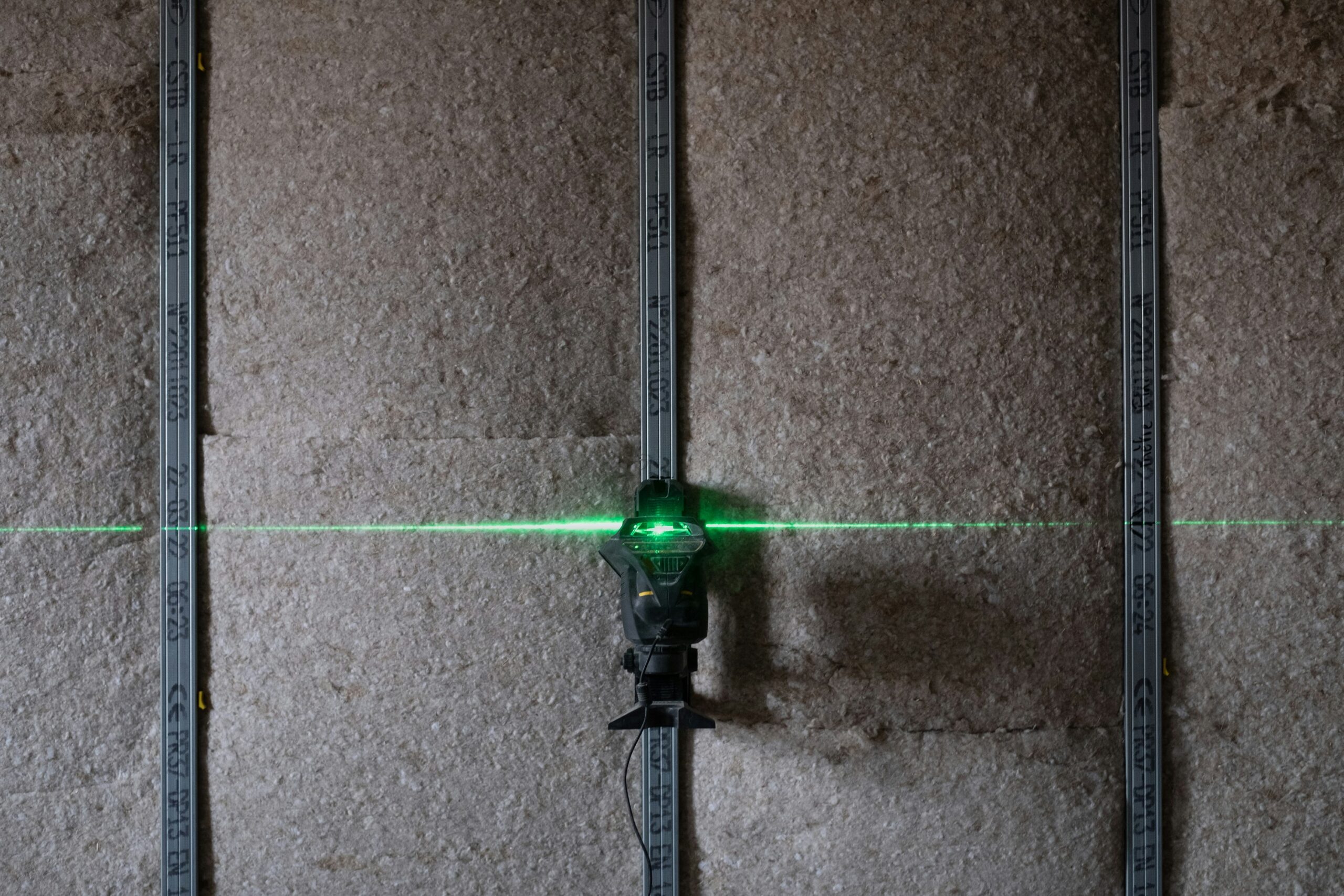
The construction sector in Sweden stands for about 22 % of total greenhouse gas emissions. Reducing the embodied carbon in new buildings can be achieved by a transition to bio-based insulation materials since conventional insulation accounts for about 20 % of the total embodied carbon. Additionally, bio-based materials are hygroscopic, i.e. they absorb moisture from the air which releases heat. Previous studies have shown that this is positive for the thermal performance of a building. Furthermore, hygroscopicity is advantageous in case of temporary moisture loads.
We will study the function and use of biobased insulation materials, and, by use of chemical modification, examine how the hygroscopic properties can be tailored to further enhance a building’s energy performance and robustness to temporary moisture loads.
The project is a collaboration between Lund University, University of Copenhagen and stakeholders from the construction sector included in the reference group.
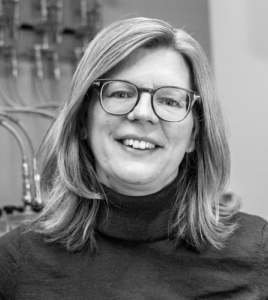
Maria Fredriksson
Lund University

maria.fredriksson@byggtek.lth.se
Project information
Participants
Lund University
University of Copenhagen
Arbio Aktiebolag
Boverket - the Swedish National Board of Housing, Building and Planning
Evia AB
Hunton Fiber AB
Optimera Svenska AB
Södra
The Swedish Federation of Wood and Furniture Industry
Time schedule
January 2025 - December 2027
Total cost of project
8 549 483 SEK
Swedish Energy Agency project number
P2024-02943
More projects
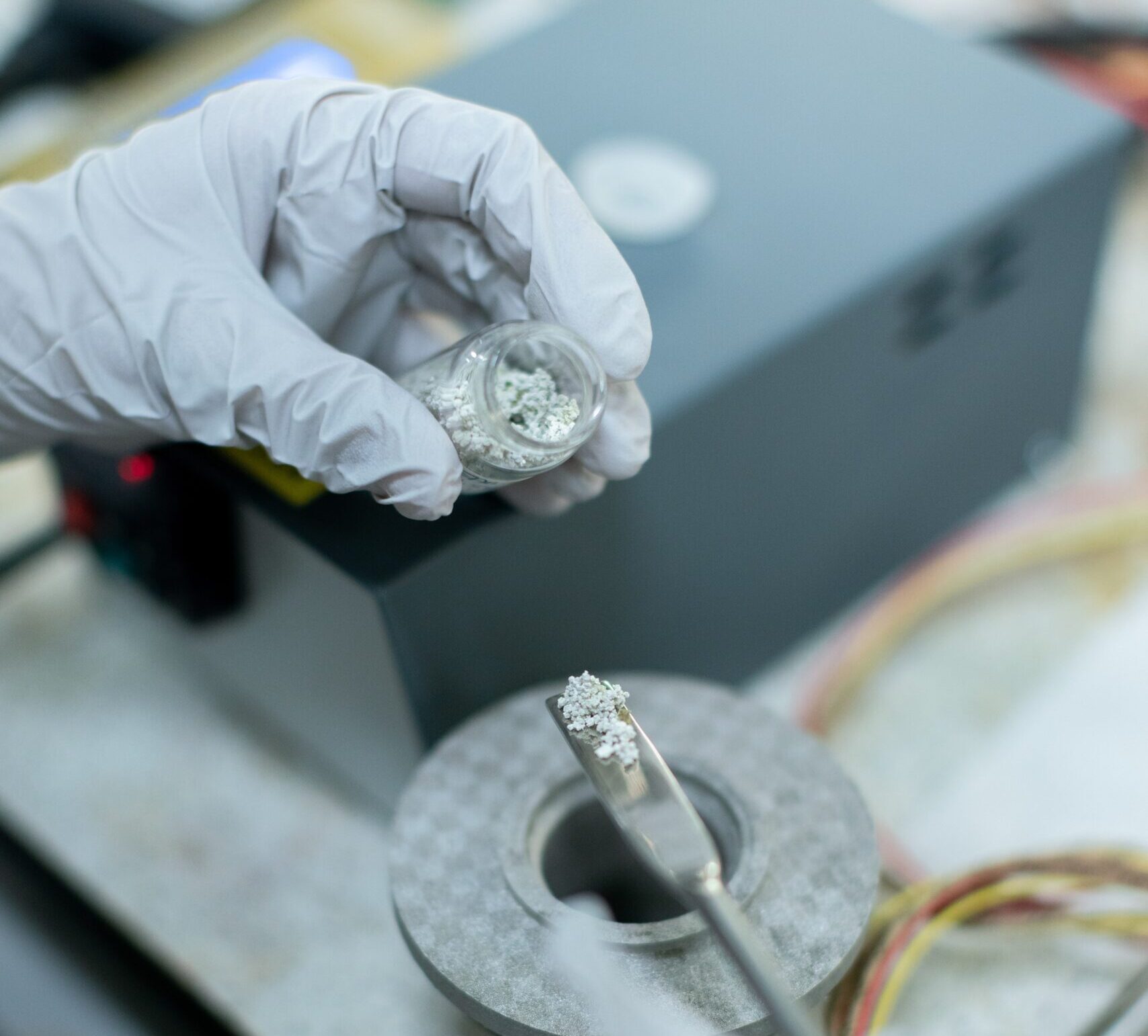
Biorefinery: scale-up of 5-HMF derivatives
The overall aimof this project is to transform chemical industries from using fossil feedstock to using renewable biomass. In this project, we…
Manager: Louise Olsson
Ongoing
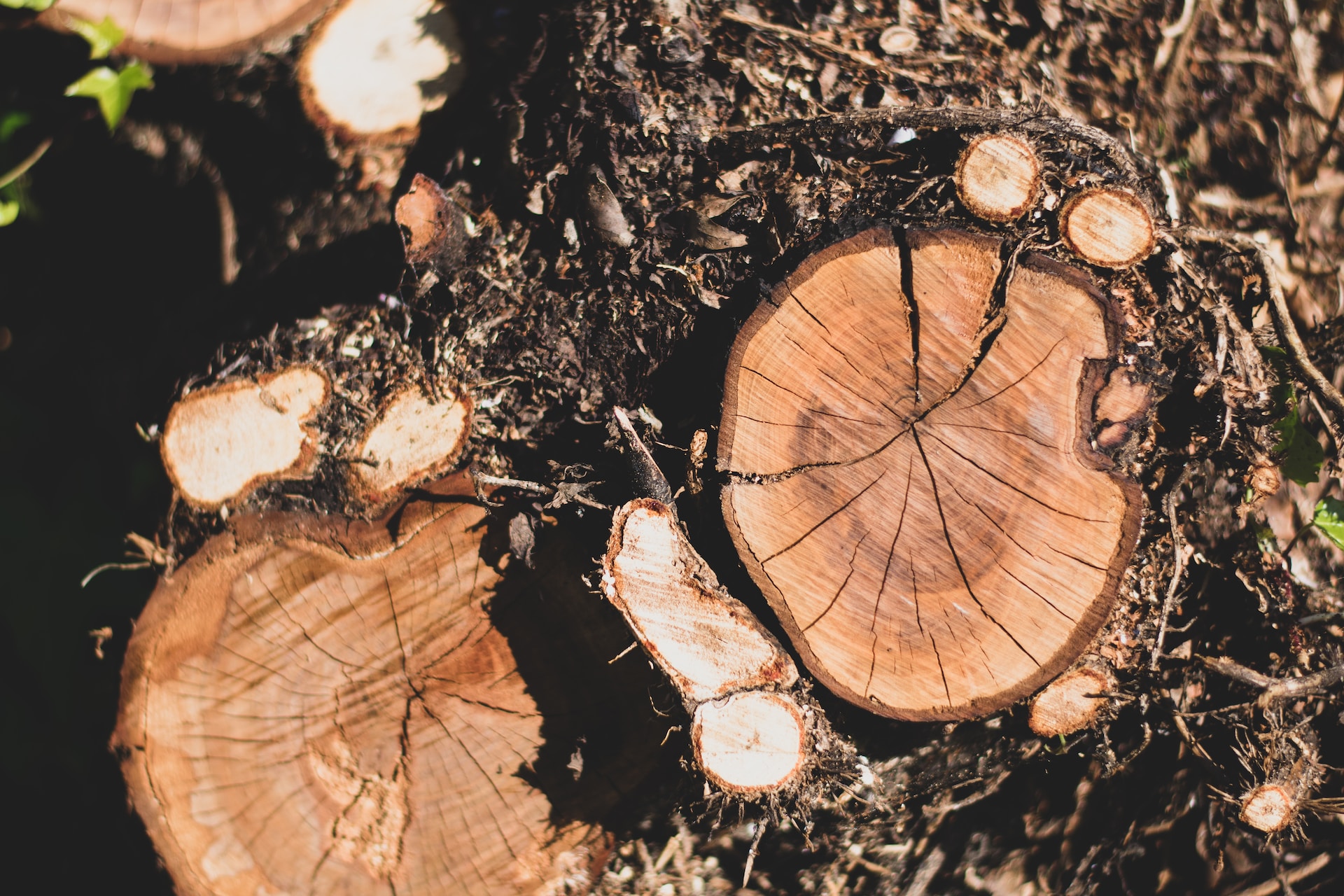
Site preparation and bioenergy harvest: How is the carbon stock in soil and biomass affected after 10 years?
Site preparation promotes tree growth and increases carbon storage in tree biomass. Extraction of bioenergy from the forest, such as slash and…
Manager: Monika Strömgren
Ongoing
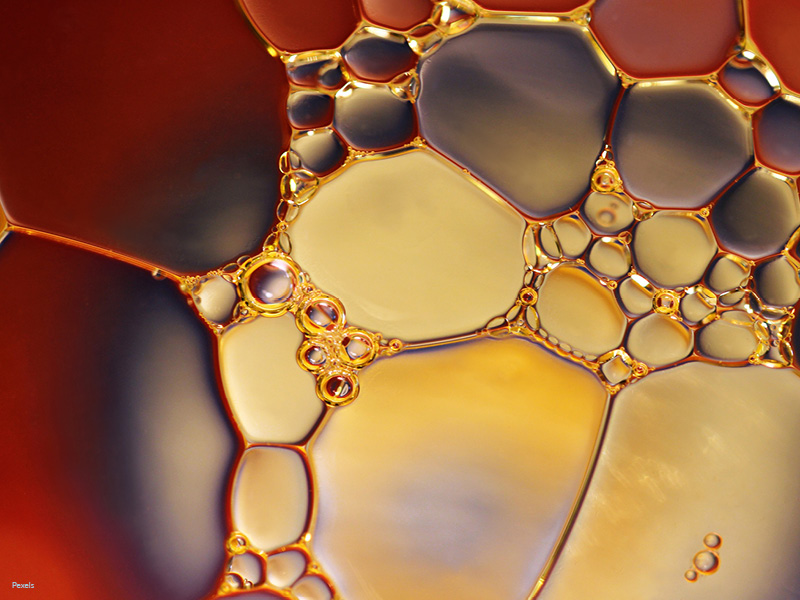
Development of business concepts for the commercialization of Votion’s bio-based solutions and value chains
Fuels and oils from any biomass This feasibility study has identified focus areas for the company Votion’s pilot projects and the concepts…
Manager: Anders Edling Hultgren
Completed: 2023-02-20


